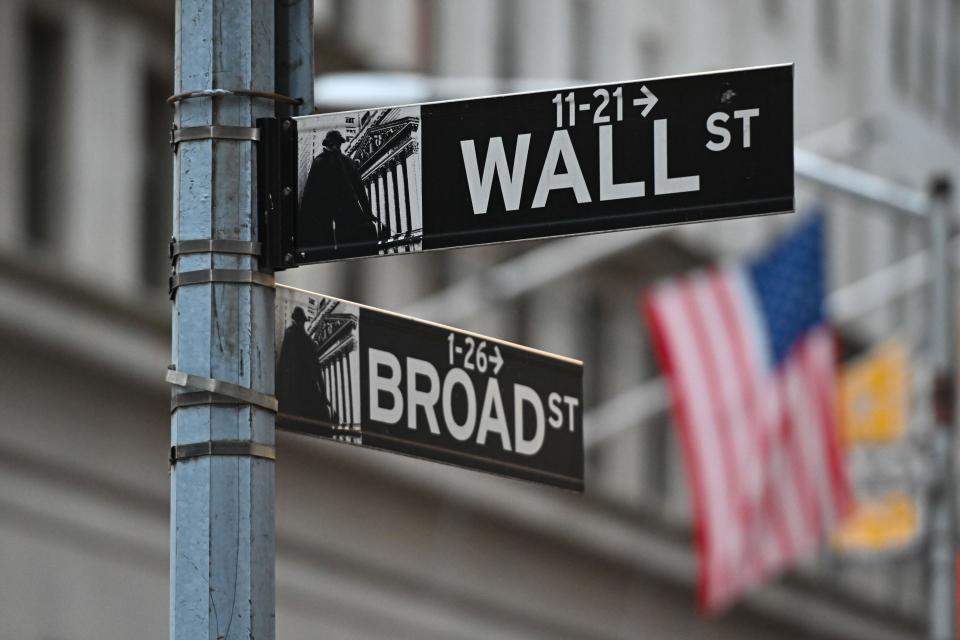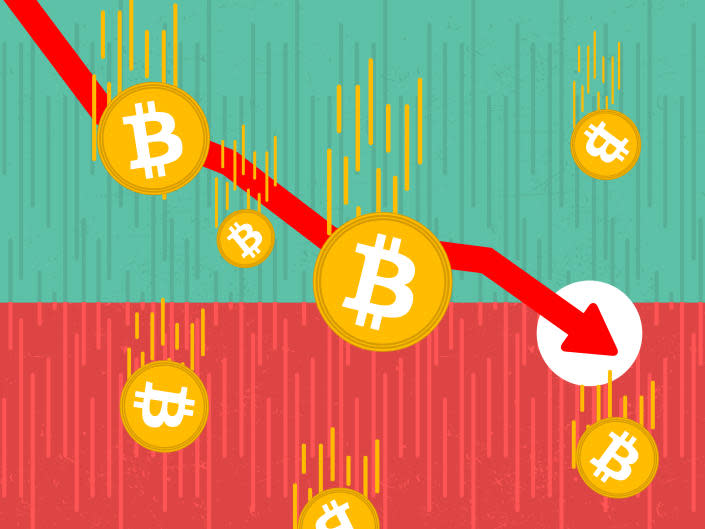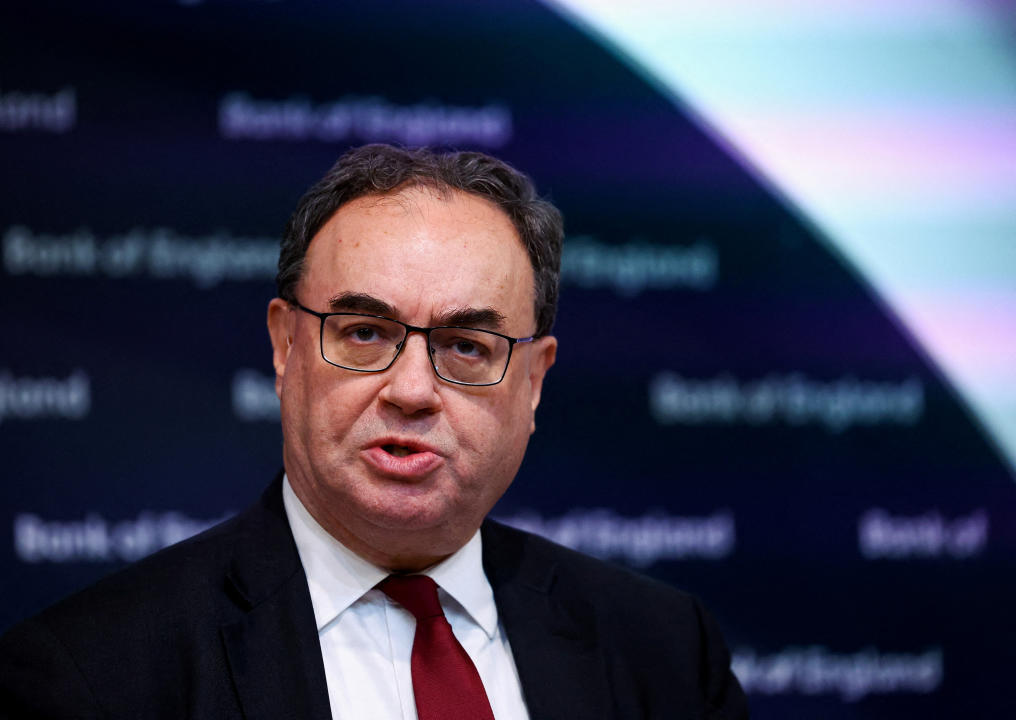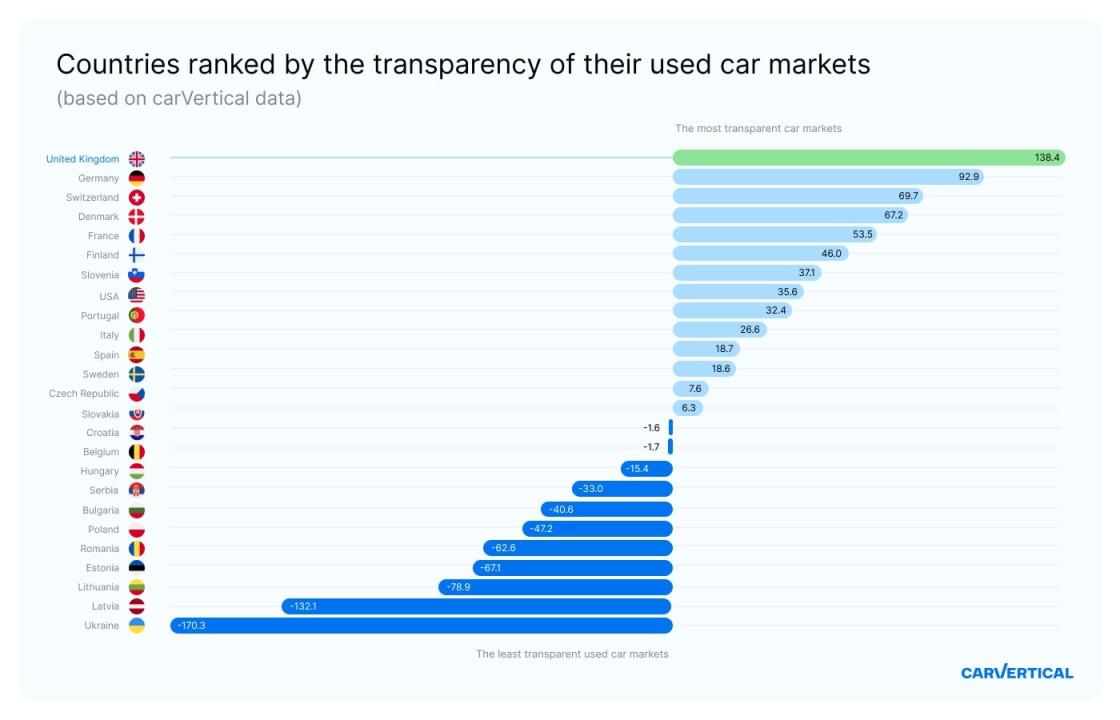

The FTSE 100 (^FTSE) and European stock markets staged a late recovery on Thursday, after spending most of the day in the red, as traders digested the latest interest rate decision from the European Central Bank (ECB) and news of the US economy performing better than expected.
London’s benchmark index closed 0.1% higher, while the CAC (^FCHI) ended 0.05% up in Paris, and the Frankfurt DAX (^GDAXI) was around 0.1% higher.
The US economy expanded more than expected in the fourth quarter of last year, thanks to a resilient jobs market and a boost in consumer spending.
GDP rose at a 3.3% annualised rate, according to the government’s preliminary estimate on Thursday. This beat forecasts of 2.2% growth. Overall in 2023, the economy expanded by 2.5%, its strongest performance since 2021.
Across the pond, US markets with the Dow (^DJI) up 0.3% by the time of the European close, while the S&P 500 (^GSPC) was up 0.5%, and Nasdaq (^IXIC) once again set new record highs with a rise of 0.7%.
Read more: GDP: US economy grows at 3.3% annual pace in fourth quarter, faster than expected
It also came as the ECB’s governing council kept interest rates unchanged as widely expected.
The ECB’s rate on its main refinancing operations, which provide the bulk of liquidity to the banking system, was kept on hold at 4.5%, while its deposit rate, which is paid on commercial bank deposits, is at 4%.
The marginal lending facility, which offers overnight credit to banks, is at 4.75%.
The central bank said: “Tight financing conditions are dampening demand, and this is helping to push down inflation.”
Read more: ECB leaves interest rates unchanged at 4%
President Christine Lagarde said during an interview at the World Economic Forum in Davos this month that rates are likely to be cut in the summer.
Money markets currently have the bank cutting rates four times this year in increments of 25bps, starting in June.
“When looking at the economic performance of the euro area, we’ve seen little in the way of growth since Q3 of 2022, while inflation has also been slowing sharply. Yet for all this economic weakness, a fact which was borne out by yesterday’s flash PMI numbers, especially in the services sector, the ECB has been insistent it is not close to considering a cut in rates, having hiked as recently as last September,” said Michael Hewson, chief markets analysts at CMC Markets UK.
“Only as recently as last week we heard from a few governing council members of their concerns about cutting too early, yet when looking at the data, and the fact that the German economy is on its knees, the ECB almost comes across as masochistic in its desire to combat the risks of a return of inflation.
Read more: Best UK mortgage deals of the week
“In a way it’s not hard to understand given that after November headline inflation slowed to 2.4%, it picked up again in December to 2.9%, while core prices slowed to 3.4%.”
Live21 updates
Watch: How does inflation affect interest rates?
Download the Yahoo Finance app, available for Apple and Android.












